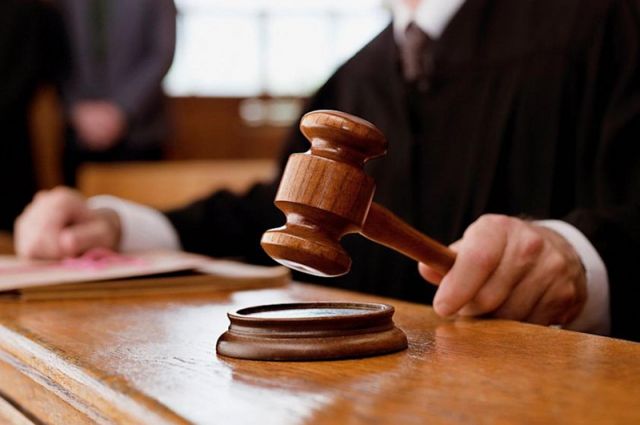 Coinbase, the popular digital currency exchange, has stated that it is interested in listing securities if given the appropriate guidance and rules from the Securities and Exchange Commission (SEC), according to an amicus brief filed by the company on Monday.
Coinbase, the popular digital currency exchange, has stated that it is interested in listing securities if given the appropriate guidance and rules from the Securities and Exchange Commission (SEC), according to an amicus brief filed by the company on Monday.
However, the SEC’s willingness to collaborate with the exchange in a constructive manner has been limited, according to the brief, which was filed as part of a case against the firm’s former employee Ishan Wahi, who has been charged with insider trading along with his brother.
The SEC has accused Wahi of securities fraud for leaking information about new token listings on Coinbase, but Wahi has argued that the tokens in question were not securities, and is contesting the SEC’s allegations. Coinbase, in its brief, argues that the SEC’s allegations are based on an “erroneous premise,” and that it does not list any securities on its platform.
Last week I testified to Congress about Coinbase’s futile effort to register with the SEC so we can begin to offer digital asset securities. Today we filed an amicus brief in SEC v. Wahi that explains why this misguided suit only makes things worse. 1/5https://t.co/9iWYrWwpiI
— paulgrewal.eth (@iampaulgrewal) March 14, 2023
The exchange contends that the digital assets it lists are not securities and lack the essential attributes of “investment contract[s],” a term that the SEC has used to classify certain tokens as securities. Coinbase’s amicus brief is not intended as a signal of support for Wahi, but rather an attempt to force the SEC out of what should be a criminal case, insiders say.
The Blockchain Association trade group also filed an amicus brief in the case, arguing that the SEC’s prior regulation by enforcement has made the U.S. a confusing and opaque jurisdiction for the digital assets industry. Coinbase echoed this sentiment, claiming that the SEC has failed to provide clear guidance, has deviated significantly from its own previous statements, and has previously ignored Coinbase’s petitions.
Coinbase further accuses the SEC of refusing to follow the guidance Congress has provided for agencies, which is the process of “notice-and-comment rulemaking.” The company argues that rulemaking is the only practical way for the SEC to provide fair notice to affected stakeholders and regulate the crypto industry coherently.
Wahi is expected to return to court on March 22.



